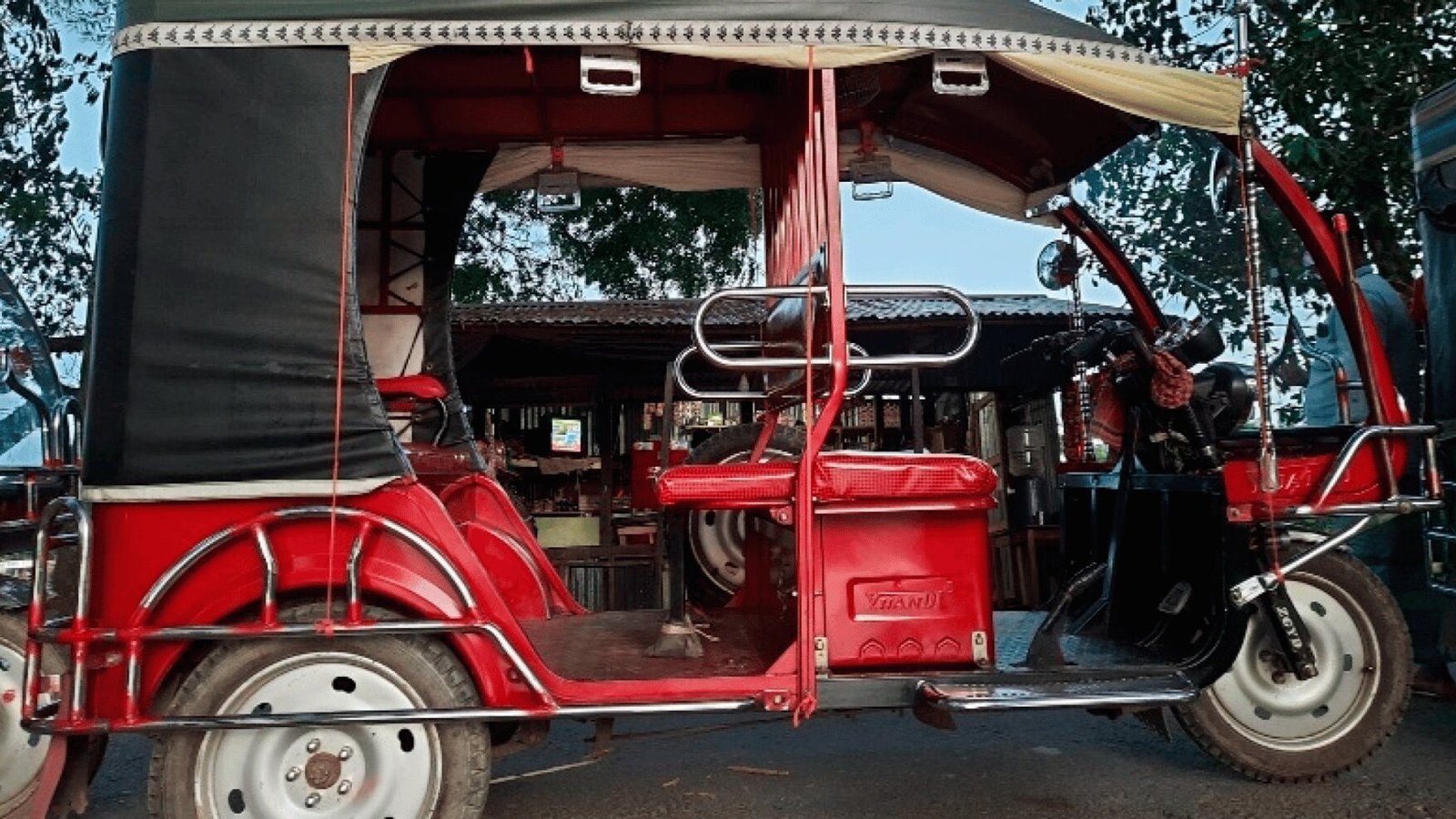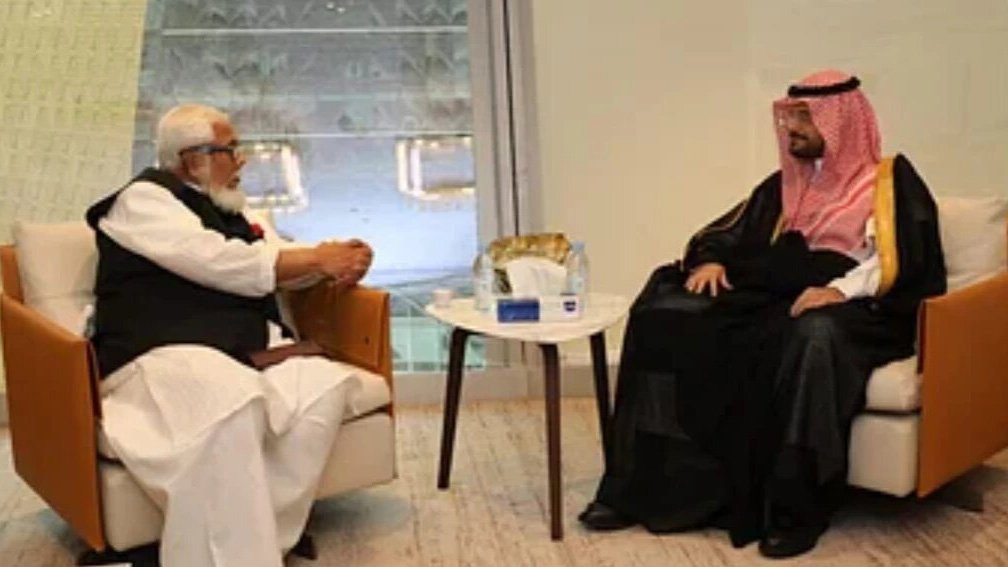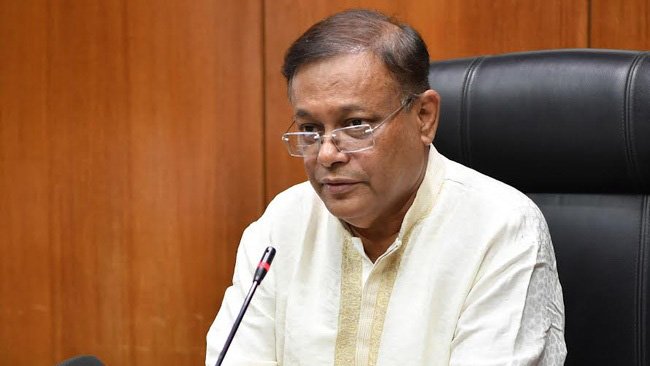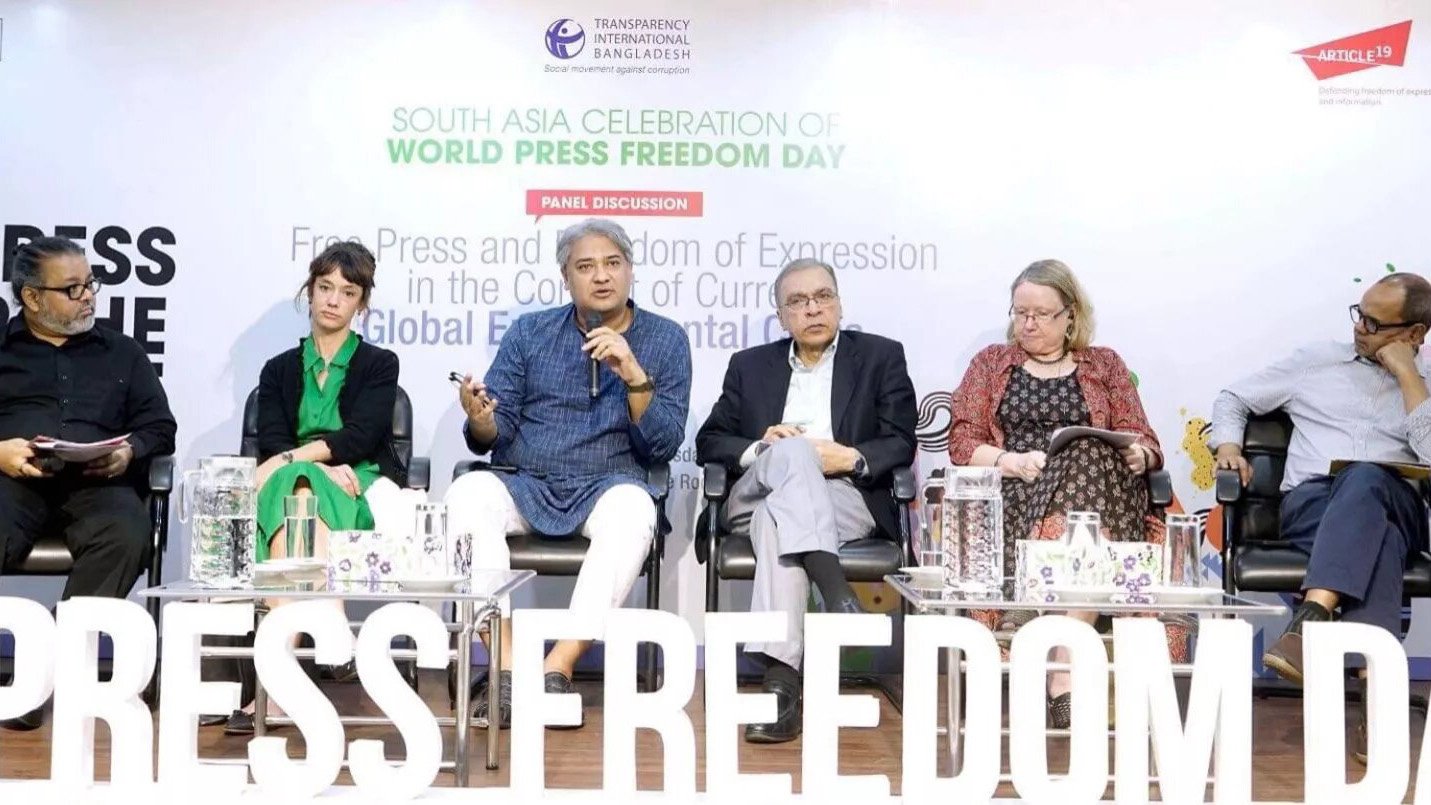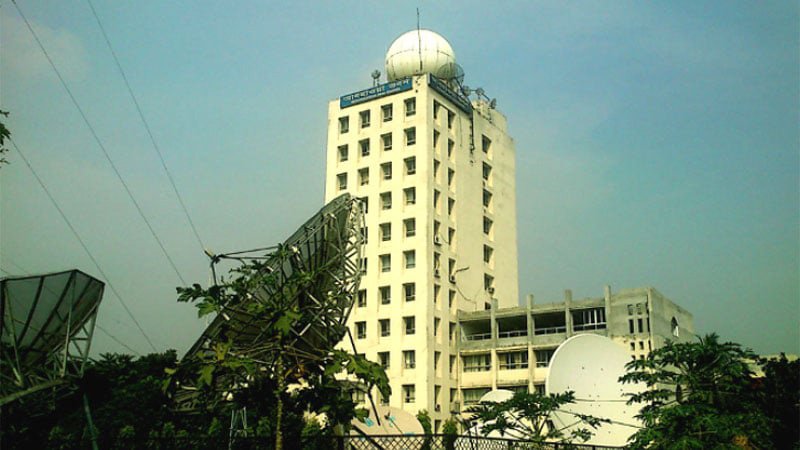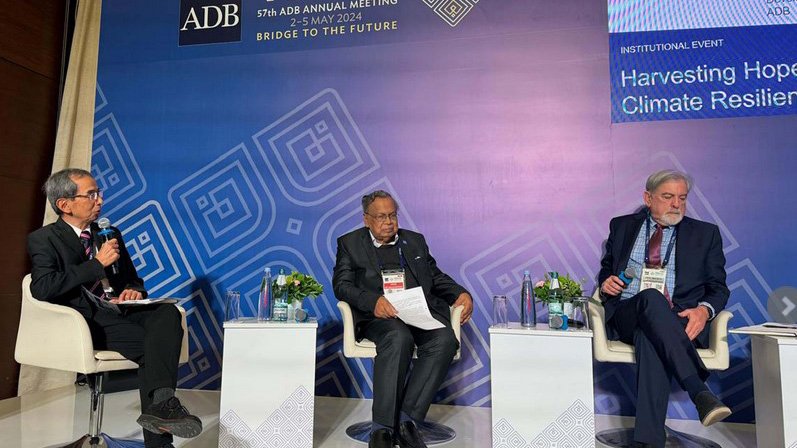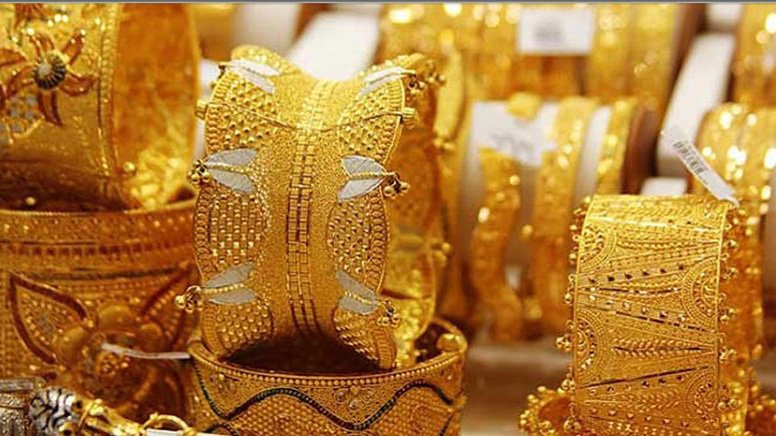Promotion of high quality, durable batteries can prevent lead pollution: Researchers
There are around 3-4 million battery-run three-wheelers like easybikes, mishuks, and locally customised rickshaws in Bangladesh.
Researchers at a workshop have prioritised business model innovation to promote high-quality and durable batteries for electric vehicles in Bangladesh.
Pure Earth Bangladesh and the United Nations Conference on Trade and Development (UNCTAD) co-hosted the workshop in Dhaka on Tuesday (2 April).
Amrita Kundu of Georgetown University and Erica Plambeck of Stanford University said, “Batteries that last longer are recycled less often, and in this way, we could cut lead emissions by half. A manufacturer of long-lasting batteries can sell them with a microfinance loan directly to end customers.”
There are around 3-4 million battery-run three-wheelers like easybikes, mishuks, and locally customised rickshaws in Bangladesh. Each easybike depends on batteries which hold around 125 kg of lead, 15 times that of a motor car battery.
According to Pure Earth Bangladesh, recycling of lead-acid batteries, often informally, generates around 167,000 tonnes of lead waste annually, causing contamination and health hazards.
The grim reality is that over 20% of Bangladesh's population resides within 5 km of informal lead smelting sites, with a 6-percentage point increase in terminated pregnancies among those living nearby, according to research.
Dr Mahfuzar Rahman, Pure Earth Bangladesh’s Country Director, said, “A collaborative approach is imperative between the private sector and government to prevent pollution from informal lead-acid battery recycling.”
The market for batteries has grown rapidly, reaching around Tk8,710 crores or $871 million in 2022. Considering that only 30% of used lead-acid battery (ULAB) recycling is formal, the tax revenue loss for the government reaches $91 million per year.
Electric three-wheelers in Bangladesh use over 5% of the country's electricity, mainly from fossil fuels. Lack of regulation on battery standards and high import tariffs and taxes on battery imports have led to extensive local recycling, often resulting in very poor-quality batteries.
A set of easybike batteries costs over Tk 72,000 or $ 650 but lasts only 8-11 months. This short life causes a high recycling rate and increased lead pollution. It also increases the operating cost of easybikes.
Henrique Pacini, Economic Affairs Officer at UNCTAD, said, “At a minimum, markets should move towards better lead-based systems with organised reverse logistics. Ideally, lead-based technologies should be phased out in e-mobility, moving towards cleaner and more efficient technologies such as Lithium-ion.”
Representatives of Accumulators Battery Manufacturers & Exporters Association of Bangladesh (ABMEAB), Asian Development Bank, Brac, Asian Infrastructure Investment Bank, International Growth Centre, Advanced Energy Technology of USAID-BADGE, and icddr,b joined the workshop.

Featured
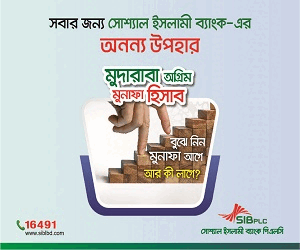
More From Bangladesh

Latest

